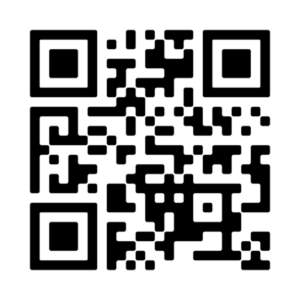Social media has become integrated into everyday life and even more so, since the start of the Coronavirus pandemic. The first social media platform, sixdegrees was created in 1997 and worked in a similar way to Face Book, with users creating profiles to socialise with friends and make new friends.
Twenty four years later psychologists continue to study the impact of social media on the mental health of teenagers and younger. With various studies reporting teenagers spend around two hours a day on social media platforms to socialise with their friends. Another study finds ‘girls reporting significantly more time on social networking sites than boys’
1 In the UK, multiple lockdowns have prevented teenagers from going to school or college and, for many this has meant they had constant access to social media sites. Two reasons why social media is negatively affecting mental health is highlighted in a study conducted by Ditch the Label, an antibullying charity. With 35% of young people surveyed stating their confidence is impacted by the number of followers and 40% admitting to feeling upset, if they posted selfies and didn’t get many likes. Poor body image, low self-esteem and eating disorders have all been linked to social media.
Signs that your child or teenager may be struggling with their mental health
- Avoiding going out to meet friends
- Wearing baggy clothing
- Poor personal hygiene
- Avoiding eye contact
- Not wanting to eat in front of other people
- Spending a lot of time in the toilet
There is no doubt the Coronavirus pandemic has impacted mental health. However, significant research suggests that social media sites have been causing symptoms of anxiety and depression, for years before the pandemic. Creating a balance between the time spent on social media and the time spent speaking with friends face to face is a challenge worth trying.
Seven Ways to Manage Time Spent on Social Media
- Check social media at the same times, this could be, when you get up, mid-morning and after work or putting the children to bed.
- Set a maximum time you will spend on social media, this could be anywhere between 20 minutes to an hour, be realistic!
- Each week reduce the time you spend on social media by 5 minutes until you are only going on for a maximum of 15 minutes at a time.
- Try to not check your social media sites one day a week, or limit yourself to checking just once.
- Try emailing, texting or even calling and meeting friends, instead of relying on social media to socialise.
- When you are tempted to check your social media sites do something to distract yourself, such as making a hot drink, going for a walk or writing in a journal.
- Have a social media diary and every day write down every time you go on social media and for how long.
Becoming addicted to social media sites is a serious behavioural addiction. This is diagnosed when people show signs of being reliant on social media and constantly checking for messages and posts. An uncontrollable urge that you feel powerless to fight can mean use of social media sites negatively impacts work and close relationships. ‘According to a new study by Harvard University, self-disclosure on social networking sites lights up the same part of the brain that also ignites when taking an addictive substance.’ What is Social Media Addiction? Addiction Centre
Another way to break an addiction is to involve yourself in meaningful activities. Volunteering has been shown to reduce symptoms of various mental health conditions, including depression, anxiety, loneliness, which may contribute to an addiction to social media.
If you find yourself unable to control how often you go on social media sites, you might want to consider counselling. Here at the Happy Healing Hut we understand that mental health issues impact everyone differently and we are here to help.


